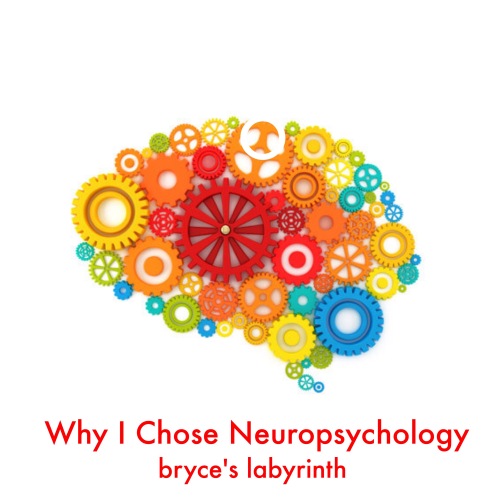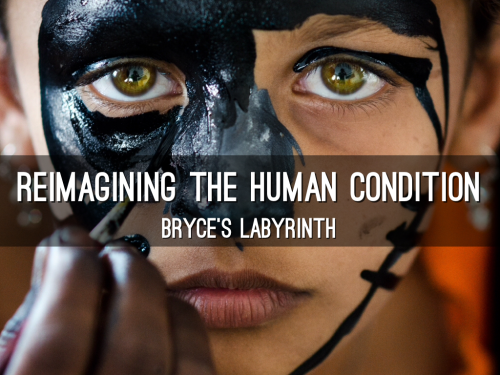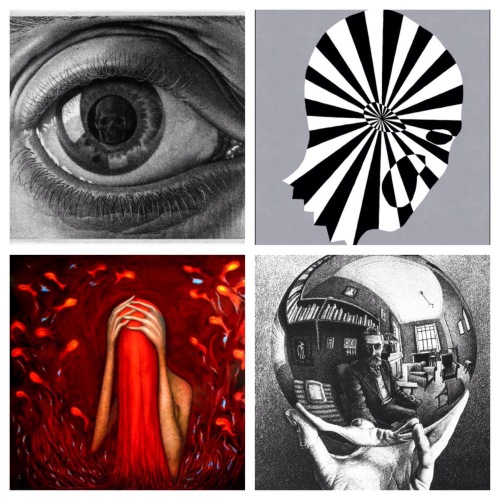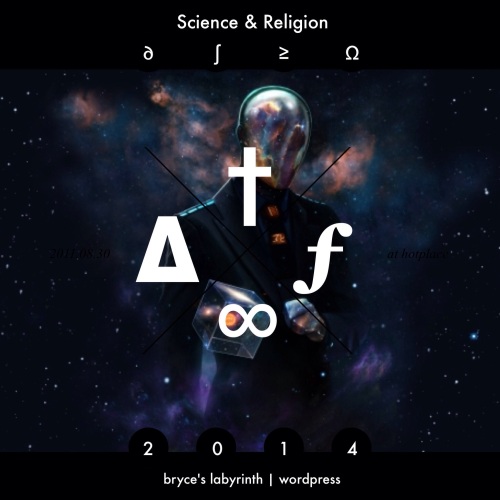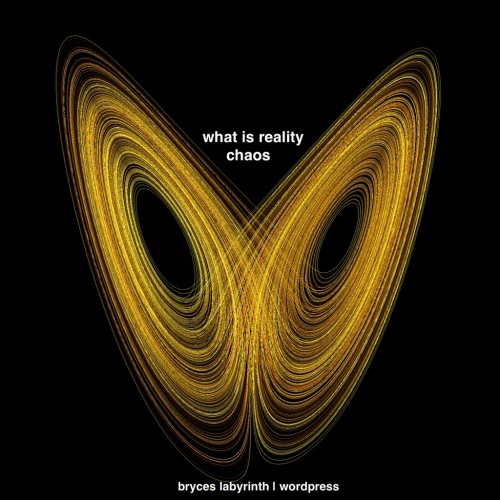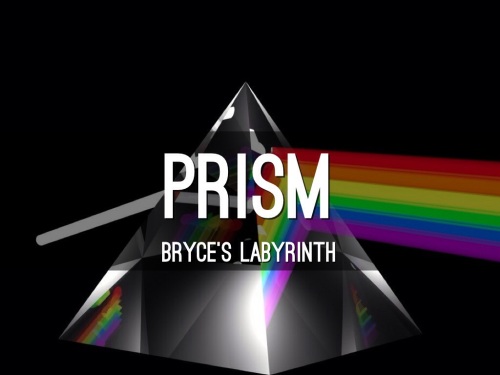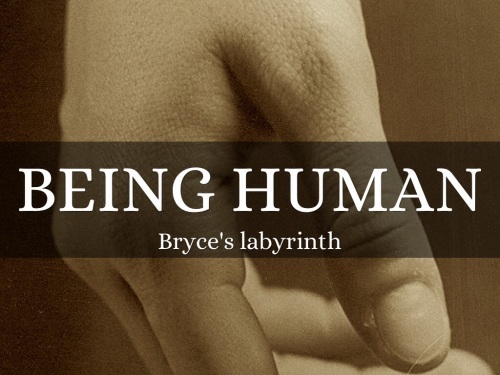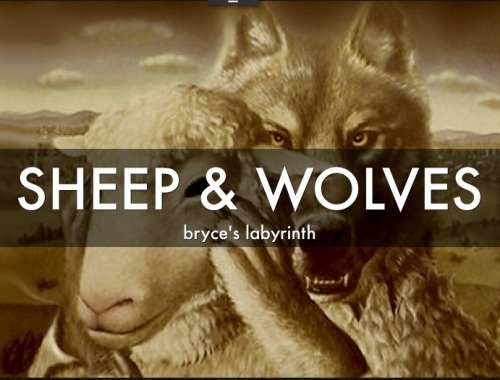Simulacra
Every once in a while, I will get the urge to write about something that the regular person not stuck in the infinitude of philosophical query can relate to.
This post is partially such.
All around this great country, black men are being murdered. Our economy has already been hijacked. An openly bigoted, toupee touting, multibillionaire is a frontrunner for one of the two political parties that have legitimate power in this nation. A new juggernaut has topped the hip-hop world; however, he is the quintessence of the opposite of what hip-hop supposedly has stood for since its inception.
Fake is real. Real is hidden. Absurdity is fact. Fact is interpretation. What is hidden is fodder for all manner of conversation, erudite and idiotic…
I have begun rereading Baudrillard’s Simulacra and Simulation and his prescience is striking. While his style of writing can be maddeningly complicated — sometimes necessarily so, the circularity of his prose is part of the mystery of the human condition — his notional position that signs and symbols replaced what was once real hits a very relevant chord.
Western society is an almost entirely pure simulation.
Guys, I struggle with a lot of concepts on a daily basis (the major reason my writing output has dropped drastically) and even at this moment, I feel my head swimming in a less than uniform soup; the complexity of this life is far more than my mishmash of neurons can grapple with before collapsing under the weight of their own perceived self-importance.
But let me try my damnedest to make sense of what I’m attempting to make sense of. Simulation, in this context, points to the mind-contorting non reality that is most easily illustrated by phenomena like “reality” TV, which isn’t real at all. The Kardashian’s are famous for the reason of being famous. In a simulation of this nature, or hyperreality ala Baudrillard, there does not need to be any real claim to profundity; things simply exist through the fact that they exist. Once a concept is lodged into the collective psyche and instantiated through words that imitate concretion, those things miraculously exist.
Through the circularity of speech, certain concepts are born…
Poof.
But why do we have simulation in the first place? If we are living in a reality, then why aren’t things just real in the simplistic sense?
Here I have to call upon my favorite psychologist, Julian Jaynes, and his theory of bicameralism in the brain. Jaynes’ theory is that earlier anatomically modern humans (AMH) probably hallucinated authoritative voices given the wiring of their brains at that point in evolution. In order to “conjure” up the voices towers, ziggurats, and idols were kept in major public areas and houses. On the towers one could find writing that would be a constant proclamation of what the citizens of a city or village should be doing. The idols themselves, often times figurines of past kings or heads of households, may have also caused powerful authoritative hallucinations that laid the foundation for social control mechanisms. These triggers ensured that the hallucinations would persist and maintain social control.
(I urge you to read the theory in the fullness, as I am only skimming and leaving a lot of detail out.)
As bicameralism gave way to subjective consciousness, making decisions no longer required the authoritarian hallucinations often ascribed to God or gods, but now remained solely the domain of consciousness. Jaynes’ contends that the slow process of breaking down is poignantly illustrated in the often morose laments in the Psalms, where God does not ”speak” and seems to have abandoned man altogether.
Our mentalities — better yet, the mechanisms underlying mentation — changed.
However, in a culture, social control must still be maintained. While we may now be privy to these richly subjective, inner lives we must still be able to form communities where some cohesion is established.
In my working hypothesis, this is exactly what has occurred through the increased sophistication of signs and symbols.
When contemplating how the brain gives rise to purposeful behavior, information streaming in from the senses is not simply taken in and turned into some mental framework. Instead, these streams are seamlessly integrated and various functions at all levels of neuronal activity contribute to processing the information. Emotionality is a huge part of this process as emotions help us “weigh” one set of data against another. From here, its a very small gap to a conversation about interpretation, which is the fertile ground where signs and symbols plants their seeds.
In a system where interpretation is possible, weights can be assigned to different streams of information and many different responses are possible. The organism capable of this wide spectrum of interaction improves its chances of survival as it can better handle novel stimuli and adapt to environments with speed and efficiency.
Humans are a social species and our exchanges occur through communicative strategies, verbal and nonverbal. The brain is constantly updating its version of reality and every single impulse that reaches the nervous system causes a miniature change that hopefully improves survival at some later point in time. The brain renders representations of reality and predicts what behaviors might bring about positive or negative results based on that model.
With models being our means of mentation, it should come as no surprise that signs and symbols hold such sway over us. A sign can represent a myriad of meanings which can then be additional worked upon by individuals or collectives. The brain, using representations, takes an additional representation — a secondary representation, as it were — where even more purposeful information can be applied.
What does this mean? From an argument of social control mechanisms, this allows additional structures — authority and hope, for example — to be projected and acted upon.
An illustration is in order.
Drake has recently ascended the Mount Olympus of urban entertainment. This would a feat in and of itself if I was’t Drake we were discussing. In a culture that values authenticity, machismo, and a willingness to do whatever it takes, Drake falls short on virtually every scale. He was accused of not writing some of his own content, allegations he never disputed; he has become the banner holder for every emotional suburbanite the nation wide; and his willingness to conquer the game has been more through pusillanimous skirmishes and TMZ articles than any sort of nipping in the bud typed behavior reminiscent of prior scions of rap.
So how has this happened?
The first thing to consider is that hip hop might have been founded upon these precepts, but that in no way, shape, or form made them the only symbols of authority in the game. The almighty dollar, the mother of all social controls, has played a serious part in the evolution of the culture. Drake is more of a brand than a rapper and he appeals to a wider a wider audience, giving them the hardcore images of hip hop’s roots with a juvenile emotionality that accompanies the ennui of suburban America.
What I am driving at is that while a select set of people honor the value of what hip hop used to be, these symbols have already been operated upon and replaced by more powerful symbols in a social setting. This is the power of symbols over actual physical contents: they can replace each other, even mean the same thing without much effort.
Drake allows many more minds to integrate the images associated with hip hop without the unsightly side effects of its perceived anger. He gets to be the emotionally down trodden mobster wannabe on a mission to liberate unappreciated women.
Its brilliant.
Drake, Disneyland, reality TV, fiat currency — they have no real value and thus, their value is astronomical. It is conjured out of thin air by the powers that be. With enough persistence and awareness, even the most egregious affront can be accepted with open arms.
Here is the dirty truth, though…
The human condition, its mental representations, its reliance on interpretational vehicles driving purposeful behavior — all of it — thrive exclusively on signs and symbols. Nothing that the human intuits is actually real in the sense that it is immutable. The very idea that most of our knowledge is interpretation of a few basic physical principles underlies the issues at hand.
We deal exclusively in signs and symbols and we always have. It is how we have evolved to this point! With more complicated societies, the mechanisms for maintaining social order have multiplied as well. From the beginning we created stories, envisioned archetypal roles, and created concepts that helped us explain the reality our mental faculties supplied our conscious (or pre-conscious) minds. It is facile to believe that we ever dealt with “real”.
That is the most frustrating part of this entire charade, is it not? Real is exactly what it is, right!? As I said earlier, real is real… Right?!
With words, gestures, and physical contact, every concept has a universe full of meaning that can be operated upon ad infinitum within a particular culture. So while I agree with Baudrillard, I don’t think we have ever dealt with anything besides simulations. The moment a word or gesture had to represent a term, we were thrust along a trajectory of representation that supports far more complex structures than the physical environment can.
That is the point to communicating! Its what makes our language robust! The ability to communicate a universe of meaning through one word, symbol, or image. So while the Kardashians may not do anything “real”, their plastic life can easily be projected upon as millions of women wish for the fortune, clothes, and life of luxury to be their said reality. They allow for a representation, a series of symbols or images, to take hold in the nervous systems of others!
The simulation has simply grown more complex!
One last bit… The insidious side of symbols, especially those being discussed from within the organisms apprehending and acting upon them, is that where they begin and end poses a headache for any researcher, clinician, or philosophaster. Thus, conflation becomes a huge problem. Conflation, the mixing of symbols, makes conversations about causation and predicted effects virtually impossible. If one person’s representation of reality takes certain streams of information and weighs them heavily, they will have a hard time communicating with someone who weighs other streams heavily. Impossibility of Multilaterality is a fancy term meaning it is impossible to understand another’s position if you cannot achieve common ground. This doesn’t mean that the conversation won’t be efficacious, but that the effect of that conversation will more than likely harm others. Take any political conversation — the result of ideological differences leads to total government shut down, loss of programs, or defamations of character.
There is beauty in this post and I hope you recognize it. To see your mental life as “real” is the first step to absorbing signs and symbols willy nilly and fall into conflationary traps. Instead, one should welcome all images as probabilistic representations, valid in their construction and potentially avenues to follow for some result, but not the end-all, be-all. While the meanings of things, like those referenced with Drake or Kardashian family, may seem like distasteful infarcts against pure concept, there is no such thing as pure concept although some might come arbitrarily close in the eyes of someone else.
That is the majesty of the human condition!
bryce

